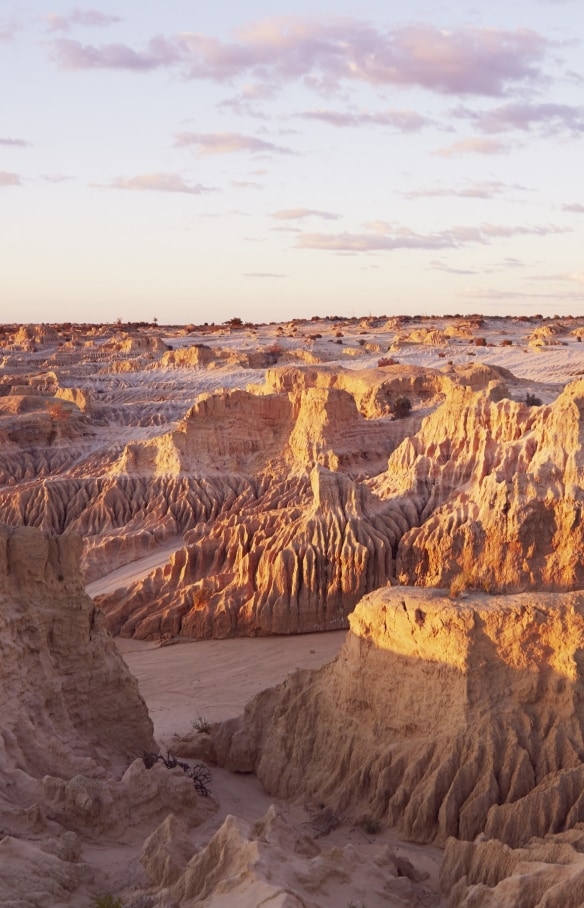
Australian Capital Territory

New South Wales

Northern Territory

Queensland

South Australia

Tasmania

Victoria

Western Australia

External Territories
View more

Bondi

The Whitsundays

Esperance

Mornington Peninsula

Noosa

Jervis Bay

Port Douglas

Byron Bay

Ningaloo Reef

Airlie Beach
View more

Kangaroo Island

Rottnest Island

K’gari

Hamilton Island

Lord Howe Island

Tiwi Islands

Phillip Island

The Whitsundays

Bruny Island
View more

Margaret River

Barossa Valley

The Grampians

Hunter Valley

Yarra Valley

Bundaberg

Daylesford

McLaren Vale

Glass House Mountains

Mudgee

Beginner's guide

Accessible travel

Planning tips

Trip planner

Australian budget guide

Itinerary planner

Find a travel agent

Find accommodation

Find tours

Find transport

Visitor information centres

Deals and travel packages
View more

Facts about Australia

Experiences that will make you feel like an Aussie

People and culture

Health and safety FAQ

Weather

Seasons

Cities, states & territories

Iconic places and attractions
View more

You can find your wishlist here

Uluru Astro Tours, Uluru, Northern Territory © Tourism NT/Tourism Australia
Australia’s most famous natural landmarks
Towering waterfalls, bubble-gum pink lakes and the Great Barrier Reef are just some of Australia’s famous natural landmarks waiting to be explored.
By Allie Metz




































































